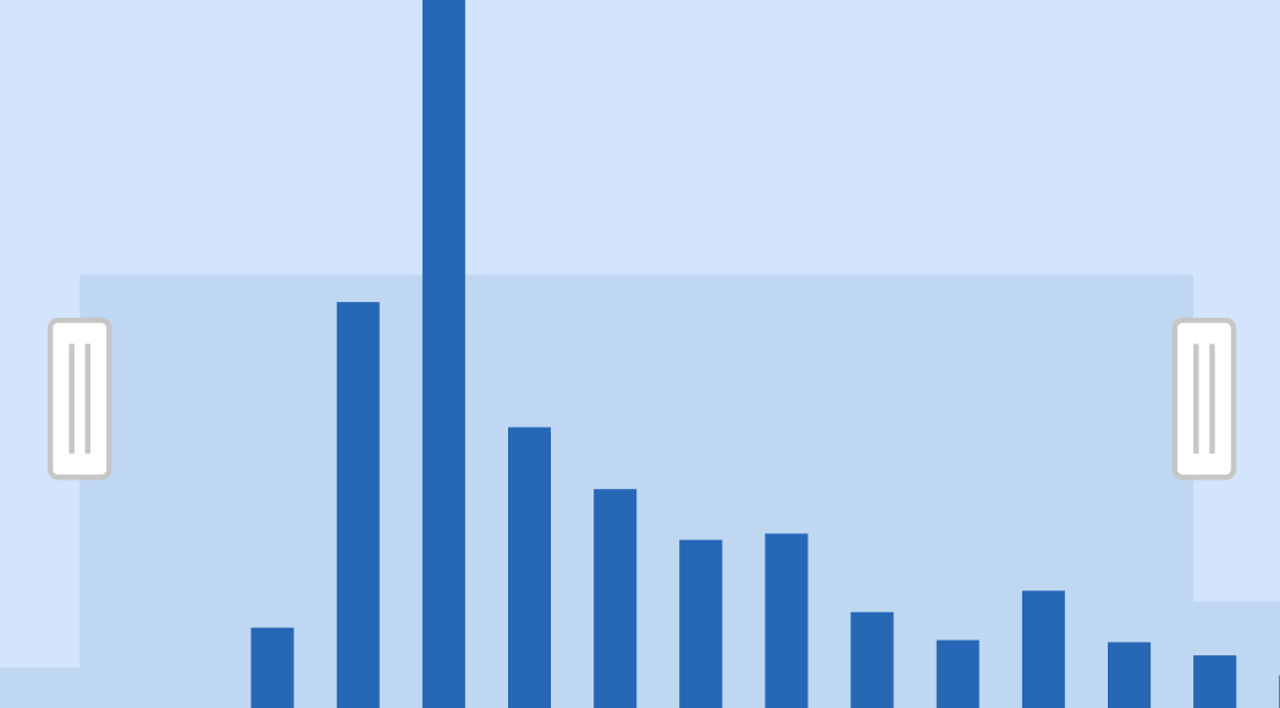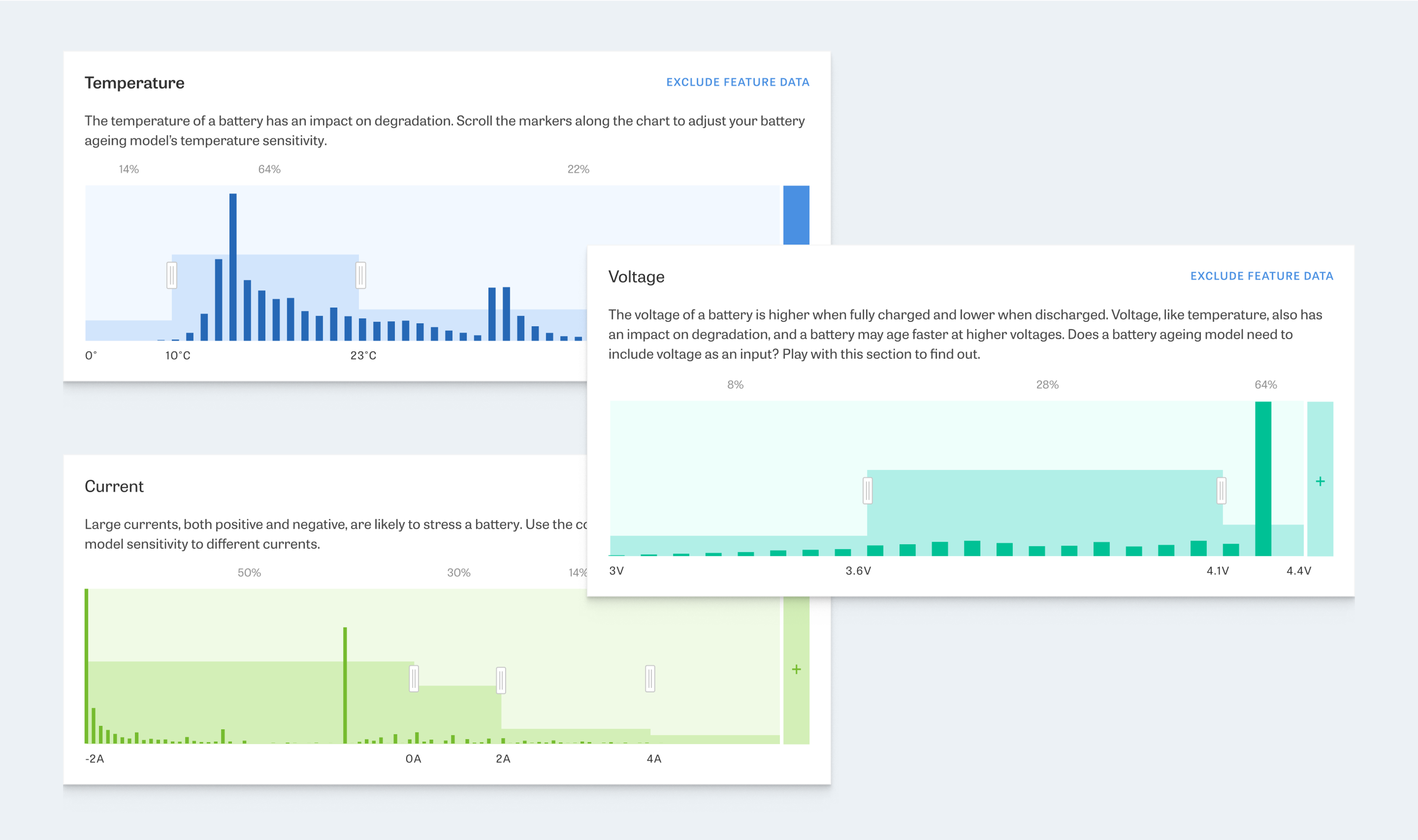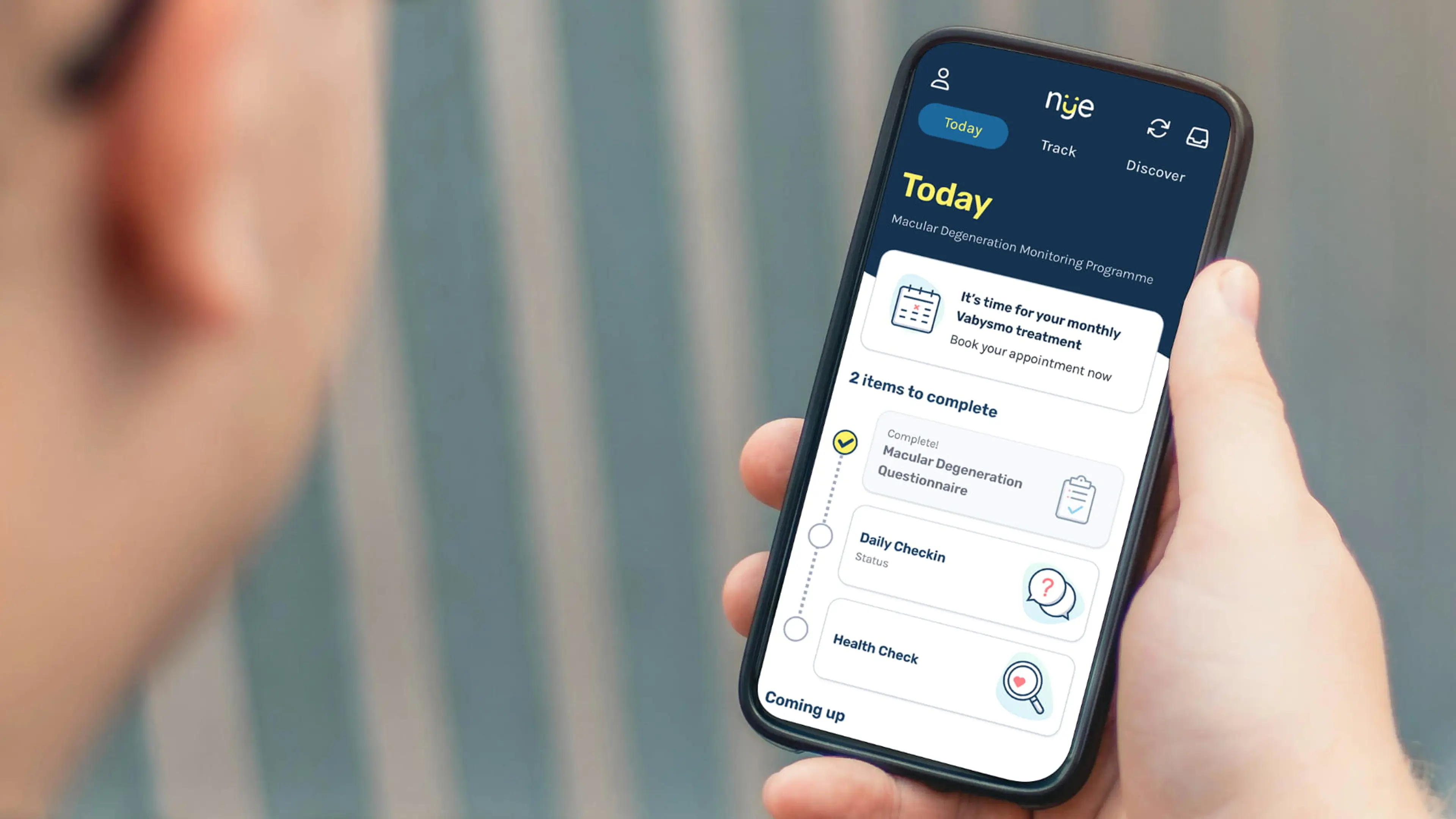University of Oxford
A tool to visualise battery lifetimes for the University of Oxford

If you knew your new mobile phone battery was only going to last for 4 hours in a year's time, would you have bought it in the first place?
Now imagine that you're deciding whether to build a new power plant, or manufacture an electric car - the same fundamental question about battery life applies - only the financial stakes are much higher.
The Department of Engineering Science at the University of Oxford saw the commercial need for industries like these to be able to predict how long their batteries will last. Research group members built machine learning models to mimic battery life behaviour, but they needed a way to visualise their inputs and outputs in a way that engages people from outside of academia.
That's where Fluent's experience and expertise comes to the fore.

Machine learning takes charge
The research from the team at Oxford takes a completely new approach to estimating the lifespan of a battery. Traditionally you'd fully charge a battery, use it, then see how much that affects the maximum capacity. Once you've done that a few times you can predict how long your battery will last by extending that same decrease in maximum capacity forward in time.
The new approach takes real-world battery information from many batteries to train a machine learning model to make better predictions.

It turns out that predicting battery life is not straightforward, especially when a battery is middle-aged or nearing expiration.
There are many factors that cause a battery to lose functionality and these can come into play at different points in its lifespan.
High currents, high temperatures and the passage of time all contribute to battery degradation. The harder you use a battery, the faster it will deplete, but the way in which a battery is used throughout its lifetime can change too. For example, downloading a TV series on your mobile phone will run it down much faster than making a phone call, but you're probably not going to be doing that everyday.
Oxford University's model incorporates all these variables and expresses the results in terms of 'cell capacity' - a well-recognised indicator of battery health.
Fluent took their core application, built in Python, and 'surfaced' the outputs from calculations in a series of visualisations that encourage experimentation and interaction. We implemented the software so it could expand and accommodate future research findings.
The project was given a new, more user-friendly identity - ‘Terminal Q’ - which, it is hoped, will help generate interest on the topic of battery degradation beyond academic and industry circles.
More client stories
Fluent sits within the Cambridge Agency Group, working closely with a wider network of complementary digital specialists. Take a look at more work and case studies from across the group.
More from across the group

Talk to us about empowering the next generation
Got a big idea, want to know how to commercialise it? Let us help you turn that idea into an actionable strategy.



